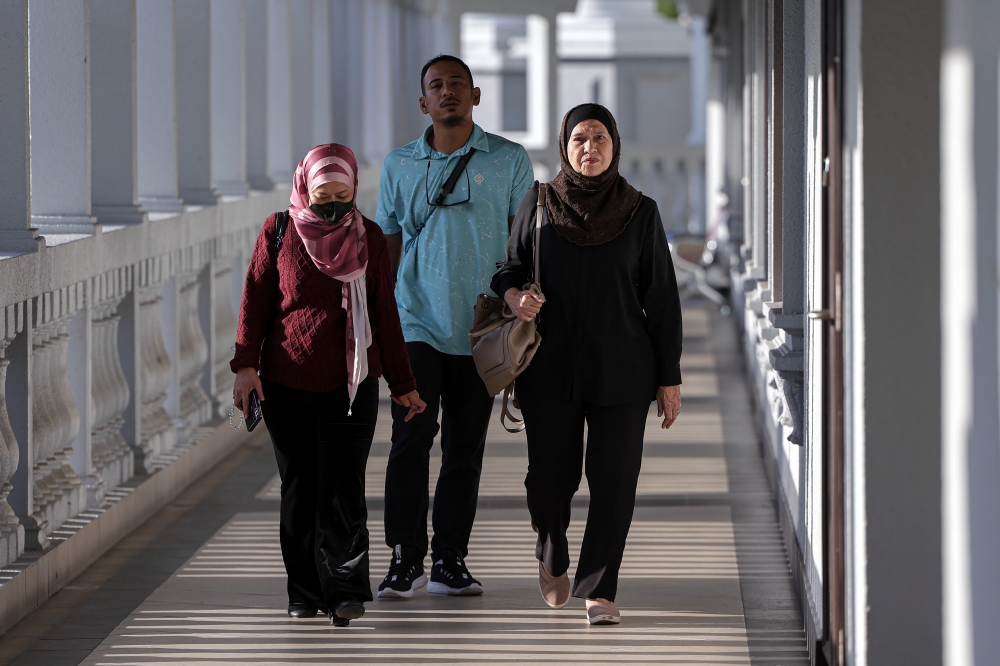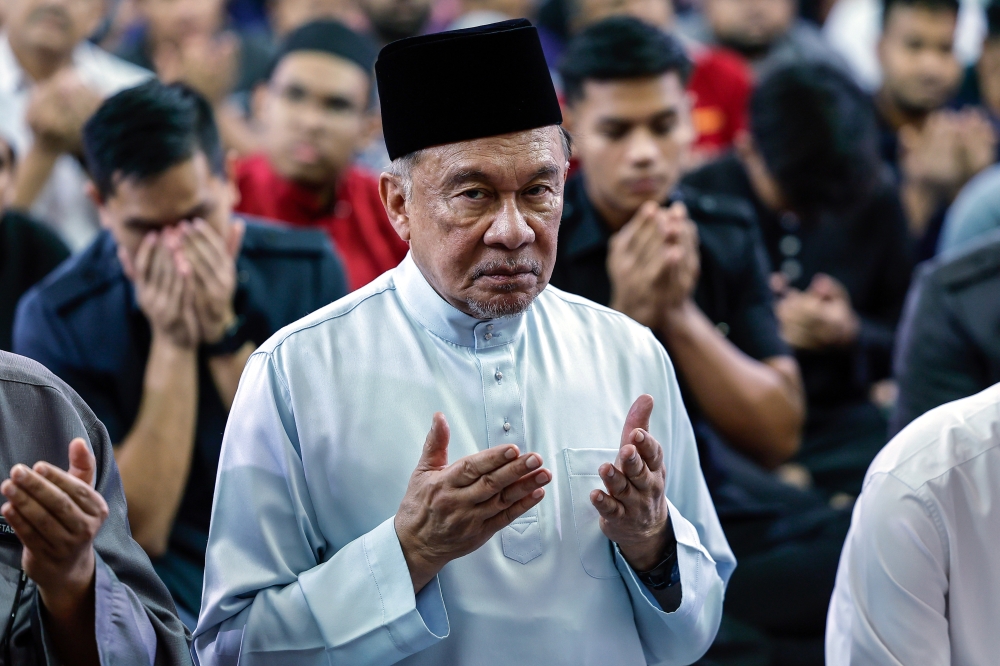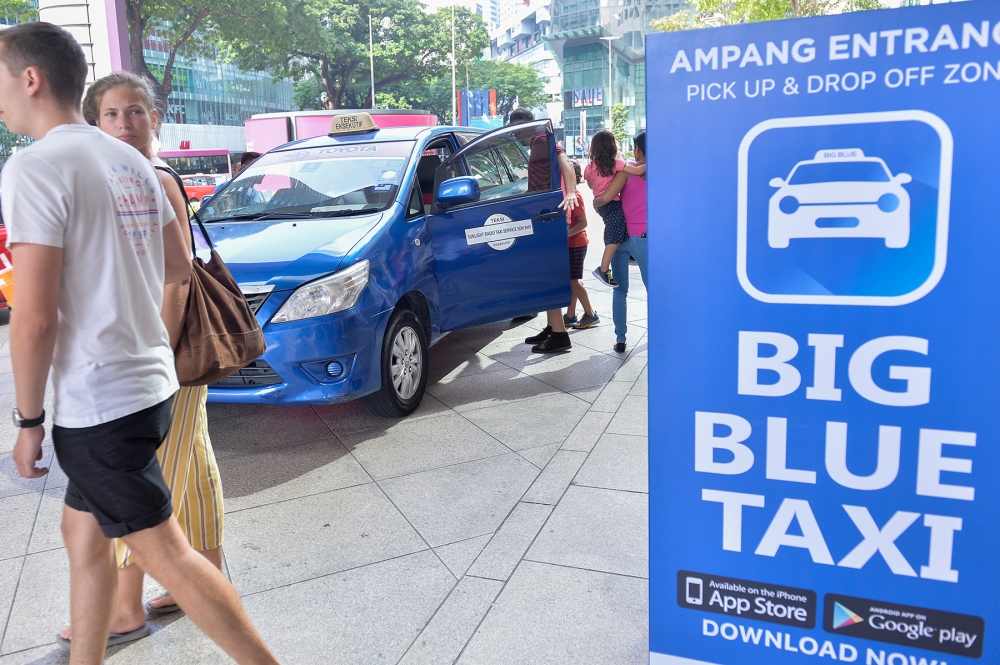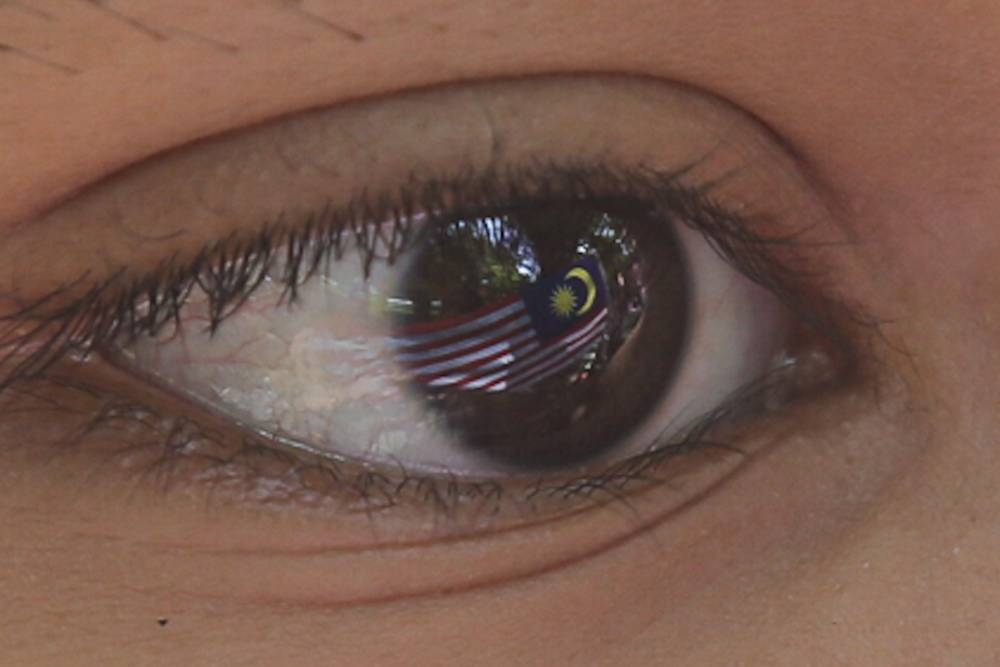AUGUST 4 — Eddie Zachariah gave my older brother his first cigarette. Actually, I do not know. I saw him passing some over to my 13-year-old brother in the school bus. Assumed as any nine-year-old would, those were his starter pack.
However, the real timestamp should be when my father discovered his son was smoking. Which was not long after.
There was never a harsher beating in my house. Behind closed doors, and my brother screamed for dear life. I was petrified just standing five metres away from the door.
The thing is my brother never stopped after that. He probably smoked outside the ward shortly after my dad’s death 12 years later. It would take him another eight years to kick the two-pack-a-day addiction.
The other thing which is the bigger thing, my dad smoked. In that room in 1981, one veteran smoker beat the living daylights out of the novice smoker.
The irony. What was good for the goose was in this case certainly not good for the gander.
The generational smoking ban Bill now in Parliament reminds me of the relationship between my father and brother.
There is consensus that smoking brings no benefits. However, there is no consensus among us, in Malaysia or any other country really, to ban it from our lives.
Too many of us smoke, benefit from the industry or have millions of constituents who love to puff.
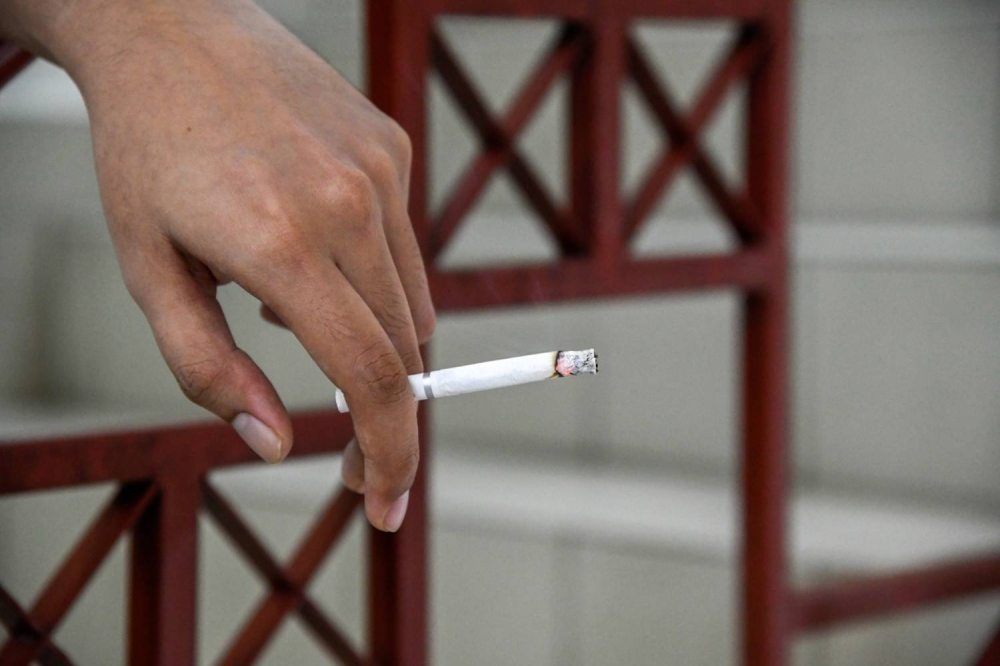
So, society does the next best thing. It gets the people who vote today to block it off for those who come later. “We’ll be the last to smoke,” is an easier sell but inevitably lends to the slippery slope where the present generation forces a higher moral barrier to those to follow them.
And in the future, they — us — will still be able to sit on their park benches as retirees to smoke and watch younger lads dragged away by the cops after being spotted with a ciggie.
There’s something wrong with the image.
I’d imagine not many fifth form classrooms — that’s where the 2005 cohorts are expected to be — have open forums about what they think of the Bill to decide their future. “Julian, your uncles smoke but they have decided between puffs that you should never be able to. How much do you fancy that?” Not much, I gather.
They’ll thank us, eventually
If I got a ringgit every time a seasoned smoker told my adolescent self at a party to stay away from cigarettes while he casually lit three in a row, I’d have enough money to run for a parliamentary seat.
There’s a self-evident contradiction about the Bill which is sneaky when it is reasoned out loud.
If smoking is bad, and it is, it is very, very bad especially to the people standing next to the smoker, then the ban should cover all, not just the people who did not vote in any of the MPs in Dewan Rakyat today.
To do it to others because it is in their best interest and to not follow the advice yourself because you cannot care to do so is intellectually weak, and hypocritical.
If the measure prevents healthcare costs in the future — smoking induced ailments — a ban for all today would reduce healthcare costs in the near future.
But is the benefit of having a large population without smokers in 50 years not substantial — not to mention, awesome? That’s the killer argument.
Focus on the outcome not the method, detractors point out to me.
Nay, I say.
Principle arguments have always drawn me in. Kant win the argument with the masses that way. Categorical imperatives, anyone?
The actors — bad and badder
Right off the bat let’s lose the endorsement from tobacco companies. It is an industry which kept information about the health effects of their product from public scrutiny and judicial oversight for decades, and they had to be brought in kicking and screaming — when you have that many highly paid lawyers, you can afford to — to a reckoning.
But harm is not a basis to ban products. I’m all for public denouncements and active campaigns to literally flog them in the town square. Deny them the right to back sports and youth events. Work and spend to bring a new generation of non-smokers. But let them choose their way to a better life.
Choice is at the heart of liberal democracies. Choices which the masses can understand or at times not. As long as those choices do not undermine liberty and freedoms — like contemptuous fathers who want to control their adult daughters on the basis they know best — then those choices need to be defended. Oh, Voltaire!
And of course it brings tears to the audience — not — when major heartless corporations use small businesses to justify their pursuit of record profits.
This time, the small kiosk owner, the picturesque man and stall by fountains and bus terminals. They peddle newspapers, cigarettes and knick knacks. Since the Internet decimated glossy magazines and print papers, they have to rely on smokes to put food on their families’ tables.
Of course, it is true but technology disrupts all and adaptability is expected of all too, and not a basis to sustain harmful products.
Therefore, the defences for tobacco are thin. They’ve always been. Remember, John Lennon said Sir Walter Raleigh was such a stupid git.
Practical solutions which explain
More cigarettes are illicit than the ones regulated by the government. When most Malaysian households earn less than RM3000, a RM12 habit per day or RM360 a month is steep. When the government fails to cut down dodgy sticks flowing in through our porous borders, why aim for the generational ban?
The gung-ho speak of adding money to enforcement, marine police, customs and border control.
New Zealand is our legislative example. They set their 14-year-olds (2005) as the target age, but Malaysia’s a more aggressive 17-year-olds (2008).
But is the comparison apple and apple? Their cigarettes are already at NZ$37.90 (RM105), they’ve been strict on sales and consumption spaces (bars & restaurants) for decades, campaigned hard and are four time zones away from Kuala Lumpur so Asean smugglers might struggle. Their GDP per capita is US$42,000 (RM187,194) so are better suited to pay for enforcement.
We have never had strong enforcement, the borders are porous, the people are poorer (US$10,099 GDP per capita), education levels lower and a history of complicity.
If anything, a ban would induce the smugglers to work harder and those who benefit from looking the other way to ask for more. The stakes are higher, it’s time for many to make hay if the law is passed.
This whole Bill puts the cart before the horse.
Principles build all our characters
Yet, centre in this objection is the inconsistent principle of targeting a community yet to participate in the democratic process. The older seek to absolve themselves of blame by asserting the responsibility only upon those much younger than them.
How many of our MPs smoke? How many have beaten their children when discovered with cigarettes? How do they feel applying a higher moral standard on their children but not on themselves? This objection is not in my interest. I probably lost two or three years of my life sucking in second-hand smoke from bar patrons, nightclub revellers, mamak shop stragglers, fellow commuters beside bus-stands and political operatives outside meeting rooms.
I risk losing more in the future.
However, if cigarettes are evil then all of us must be accounted for, not just those who have no say.
Looking back, perhaps my brother would not have started or quit sooner if my father also quit. And so too for all those people in those bars, nightclubs, mamaks, bus-stands and meeting rooms. If they had better examples to look up to.
For me, presently the Bill is a legislative whitewash to clear our collective conscience by forcing future generations to be the example. They pay so that we look better. That’s not very civilised, even for Sir Walter.
*This is the personal opinion of the columnist.











